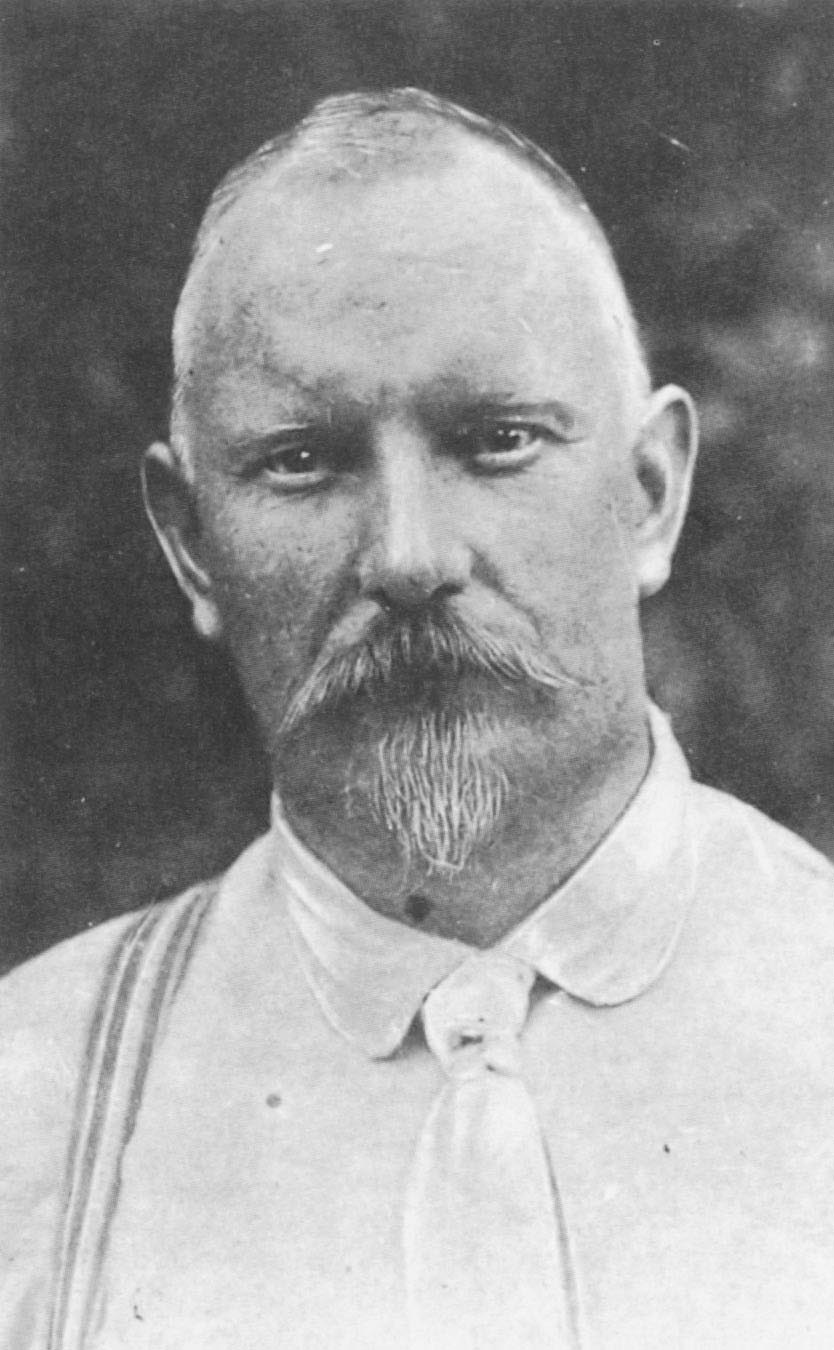- Jules Renard
Infobox Writer
name =Pierre-Jules Renard

|right|200px
caption =
birthdate = birth date|1864|1|22|df=y
birthplace =Châlons du Maine ,Mayenne 1
deathdate = death date and age|1910|3|22|1864|1|22|df=y
deathplace =France
occupation = Author
genre =
movement =
influences =
influenced =
website =Pierre-Jules Renard or Jules Renard (
February 22 ,1864 -May 22 ,1910 ) was a French author and member of theAcadémie Goncourt , most famous for the works "Poil de Carotte" (Carrot hair) (1894) and "Les Histoires Naturelles" (Natural Histories) (1896). Among his other works are "Le Plaisir de rompre" (The Pleasure of Breaking) (1898) and "Huit jours à la campagne" (Eight Days in the Countryside) (1906).Early life
The child of François Renard and Anna-Rose Colin, Renard was born by chance in
Châlons du Maine ,Mayenne where his father was working on the construction of a railroad. Renard grew up inChitry-les-Mines , (Nièvre ). He had three older siblings including Amélie (b. 1858), who died at a young age. A second sister was also named Amélie (b. 1859). A third child, Maurice, was born before Pierre-Jules in 1862. Renard's childhood was characterized as difficult and sad ("un grand silence roux" or "a great ruddy silence"). Although he decided not to attend the prestigiousÉcole normale supérieure , love of literature would eventually dominate his life. From 1885-1886, he served in the military inBourges .Adult life and career
On
April 28 1888 , Renard married Marie Morneau. He and his wife lived at 44 rue du Rocher inParis . He began to attend literary cafés and to contribute to Parisian newspapers. Among his steady friends wereAlfred Capus andLucien Guitry . Jules Renard wrote poems, short stories, short plays, novels and his famous "Poil de carotte". He was elected mayor ("maire") ofChitry onMay 15 1904 as thesocialist candidate and became member of theAcadémie Goncourt in 1907, thanks toOctave Mirbeau . He died ofarteriosclerosis in Paris.Work
Some of Jules Renard's works take their inspiration from the countryside he loved in the Nièvre region. His character portraits are sharp, ironic and sometimes cruel (in his "Histoires naturelles" he humanizes animals and animalizes men) and he was an active supporter of
pacifism andanticlericalism (apparent in "La Bigote").* His journal (1897 to 1910, published in 1925) is a masterpiece of introspection, irony, humor and nostalgia, and also provides an important glimpse into the literary life.
* The British writer
Somerset Maugham , was influenced to publish his own well-known journals by the example of Renard.In the introduction to his own work "A Writer's Notebook", Maugham wrote an apt summary of the virtues of Renard's journal: "The journal is wonderfully good reading. It is extremely amusing. It is witty and subtle and often wise... Jules Renard jotted down neat retorts and clever phrases, epigrams, things seen, the sayings of people and the look of them, descriptions of scenery, effects of sunshine and shadow, everything, in short, that could be of use to him when he sat down to write for publication."
American
novelist Gilbert Sorrentino based his 1994 work "Red the Fiend " on Renard's "Poil de Carotte "Works
Novels
* Crime de village (1888)
* Sourires pincés (1890)
* L'écornifleur (1892)
* La lanterne sourde (1893)
* Coquecigrues (1893)
* Deux fables sans morale (1893)
* Le coureur de filles (1894)
* Histoires naturelles (1894) ( [http://www.diplomatie.gouv.fr/fr/actions-france_830/livre-ecrit_1036/collection-textes_5281/foire-aux-textes_5283/jules-renard_16484.html text] )
* Poil de carotte (1894) ( [http://www.gutenberg.org/etext/4559 text] )
* Le vigneron dans sa vigne (1894)
* La maîtresse (1896)
* Bucoliques (1898)
* Les Philippe (1907)
* Patrie (1907)
* Mots d'écrit (1908)
* Ragotte (1909)
* Nos frères farouches (1909)
* Causeries (1910)
* L'œil clair (1913)
* Les cloportes (1919)Plays
* La demande (1895)
* Le plaisir de rompre (1897)
* Le pain de ménage (1898)
* Poil de Carotte (1900)
* Monsieur Vernet (1903)
* La Bigote (1909)
* Huit jours à la campagne (1912)Journal
* Journal, 1887-1910 (1925) ( [http://abu.cnam.fr/BIB/auteurs/renardj.html text] )
Quotes
*It is not how old you are but how you are old.
*Writing is an occupation in which you have to keep proving your talent to people who have none.
*Culture is what's left after you have forgotten everything.
*I don't know if God exists, but it would be better for His reputation if He didn't.
*Look for the ridiculous in everything, and you will find it.
*If money does not make you happy; give it back.
*Writing is the only way to talk without being interrupted.
*If one were to build the house of happiness, the largest space would be the waiting room.
*Dying serves no purpose so die now.
*The horse is the only animal into which one can bang nails.
*We don't understand life any better at forty than at twenty, but we know it and admit it.
*I find when I do not think of myself I do not think at all.
*Failure is not the only punishment for laziness; there is also the success of others.
*Laziness is nothing more than the habit of resting before you get tired.
*The only man who is really free is the one who can turn down an invitation to dinner without giving an excuse.
*Writing is the only profession where no one considers you ridiculous if you earn no money.
*As I grow to understand life less and less, I learn to love it more and more.
*I am never bored anywhere; being bored is an insult to oneself.
*If i were to begin life again, I should want it as it was. I would only open my eyes a little more.External links
* "Jules Renard Biography and Bibliography" (in French) [http://jules-renard.ville-nevers.fr/]
* [http://sya.geneal.free.fr/biogr_renard.htm Jules Renard Biography (in French)]
*
* [http://www.quotationspage.com/quotes/Jules_Renard/ Jules Renard Quotes - The Quotations Page ] at www.quotationspage.com
* "The Journal of Jules Renard at Tin House" [http://www.tinhouse.com/books/catalog_jof_jr.htm]
Wikimedia Foundation. 2010.
